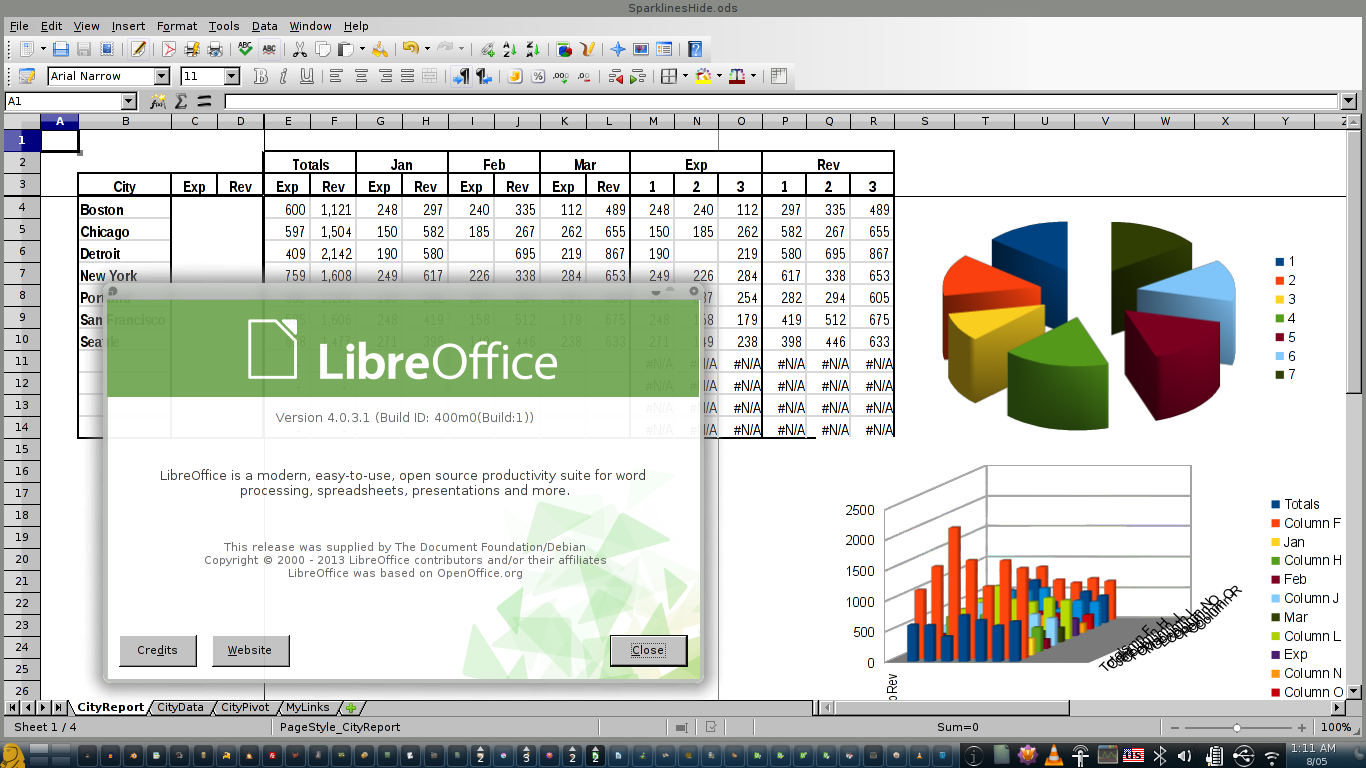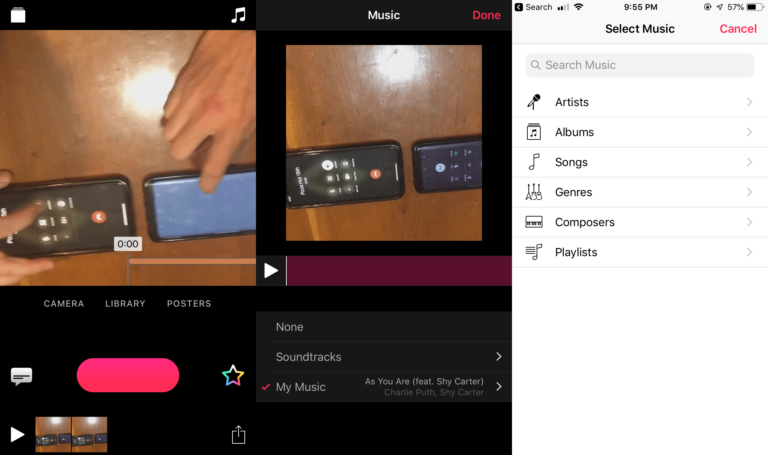
Pese a estas iniciativas, este tipo de material específico sobre músicas tradicionales de Chile o Latinoamérica, hoy por hoy, es aún muy escaso.Resulta igualmente importante mencionar algunos ejemplos concretos de la aplicación didáctica de músicas tradicionales en la escuela, llevadas a cabo en diferentes puntos de España, donde se hace manifiesta la intención por parte de organismos institucionales de que la música tradicional esté presente y sea parte de los aprendizajes escolares, es el caso de la inclusión de la música tradicional canaria y todos sus elementos interculturales(Delgado, 2005) o la utilización de cantos tradicionales en Jaén (Arévalo, 2009), entre otros.2. Y, en lo que se refiere a material bibliográfico de apoyo como libros de música tradicional para trabajar en el aula, podemos encontrar algunos materiales como los del profesor Jorge Rodríguez Gallardo, titulado Cantando a Chile y El folclor musical en la escuela, o el material de repertorio llamado Latinoamérica en el aula del equipo de investigación Entorno Sonoro, entre otros. El objetivo propuesto es observar las interacciones de los procesos en la enseñanza musical infantil con fines artísticos y/o profesionalizantes, destacando valores identitarios y los métodos empleados, en atención a cómo estos tributan a una mejor integración de su cultura musical al considerar sus necesidades formativas. A partir de realizar un estudio comparativo y el análisis de documentos, se obtuvo la información para este trabajo. Existen algunos indicadores que aportan a la enseñanza artística general con los infantes, y otros que son específicos para el entrenamiento de niños que se perciben como futuros intérpretes profesionales. El aprendizaje musical en los niños, ya sea para la estimulación temprana, desde la educación artística, o de manera especializada, ha tenido un impacto positivo tanto en el desarrollo psicomotriz como en el ámbito socio-cultural. Artistic teaching, Methods, Specialized musical teaching Resumen La música ha sido un elemento primordial en el quehacer cultural del hombre a través de los tiempos.

PRACTICA MUSICA WILL NOT OPEN ON IOS PROFESSIONAL
The objective in this article is to observe the interactions of the infants' musical teaching processes with professional and artistic educative ends, highlighting identity values and the methods applied, which contribute to a better integration of a child's musical culture, his own formative needs considered. The information that integrates this work was gathered from a comparative study and analysis of documents. There are certain parameters that contribute to the broad arts education of children, and others that impact specifically the children that are perceived as future professional performers. Musical apprenticeship among children has had a positive impact in their psychomotor development, as well as in their sociocultural medium, either coming from general arts education, or, a specialist-oriented musical training. Through the ages, music has always been a fundamental element in the cultural development of mankind. This paper tries to make teachers conscious that the use of folk materials may improve the learning of music as well as it may unfold a new way for future didactic, cultural and anthropological researches.

The learning of this repertoire may also serve as an open door to the World to know the labor that is done in our schools.

Jaen’ Song Book may constitute a mean for promoting its folklore among students of this province. Recovering our folklore is a task that depends on every member of the community and it can be possible through the updating of these musical pieces to the new social changes and its possible spreading through the media. Nowadays, the school is the unifier mean for the reappraisal, communication and transmission of the folklore of our culture. These kinds of practices are essential since they develop the quality of the learning process in general and the learning of music in particular. This paper contents a reflection about folklore and different educative practices taking as examples some musical pieces from Jaen’ Song Book. Educational society of today should reflect on the importance of musical folklore as an educative practice.


 0 kommentar(er)
0 kommentar(er)
